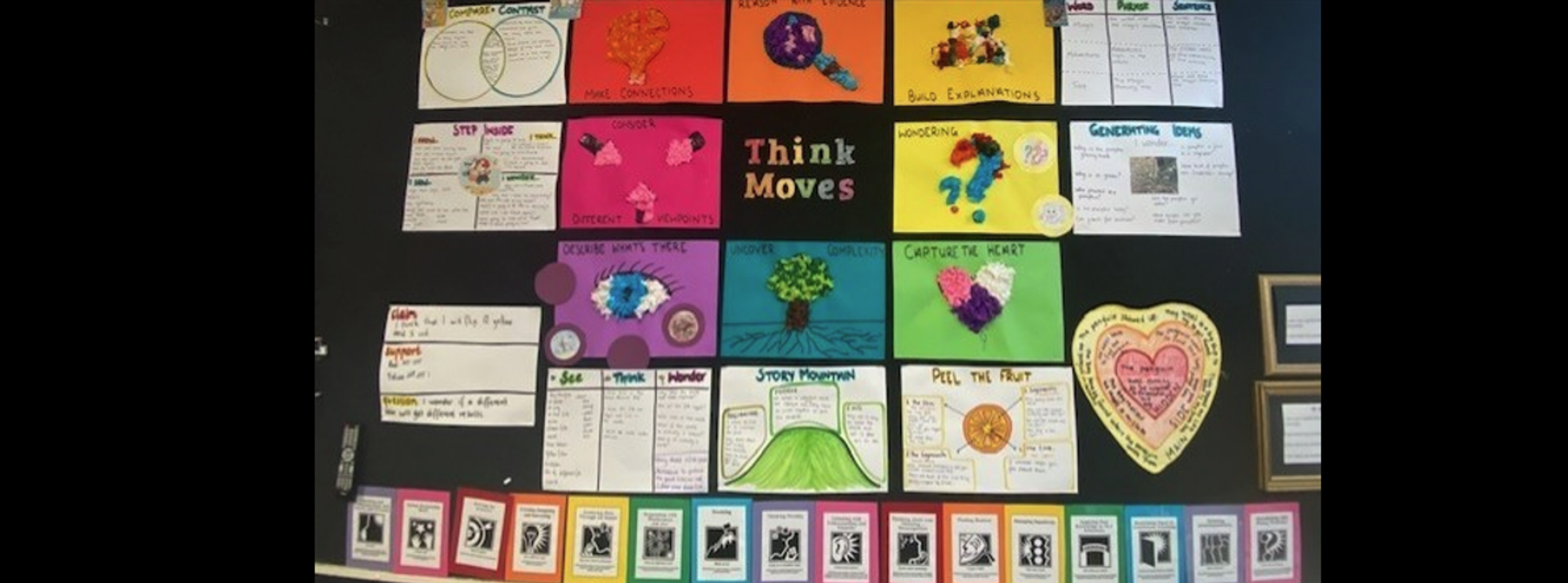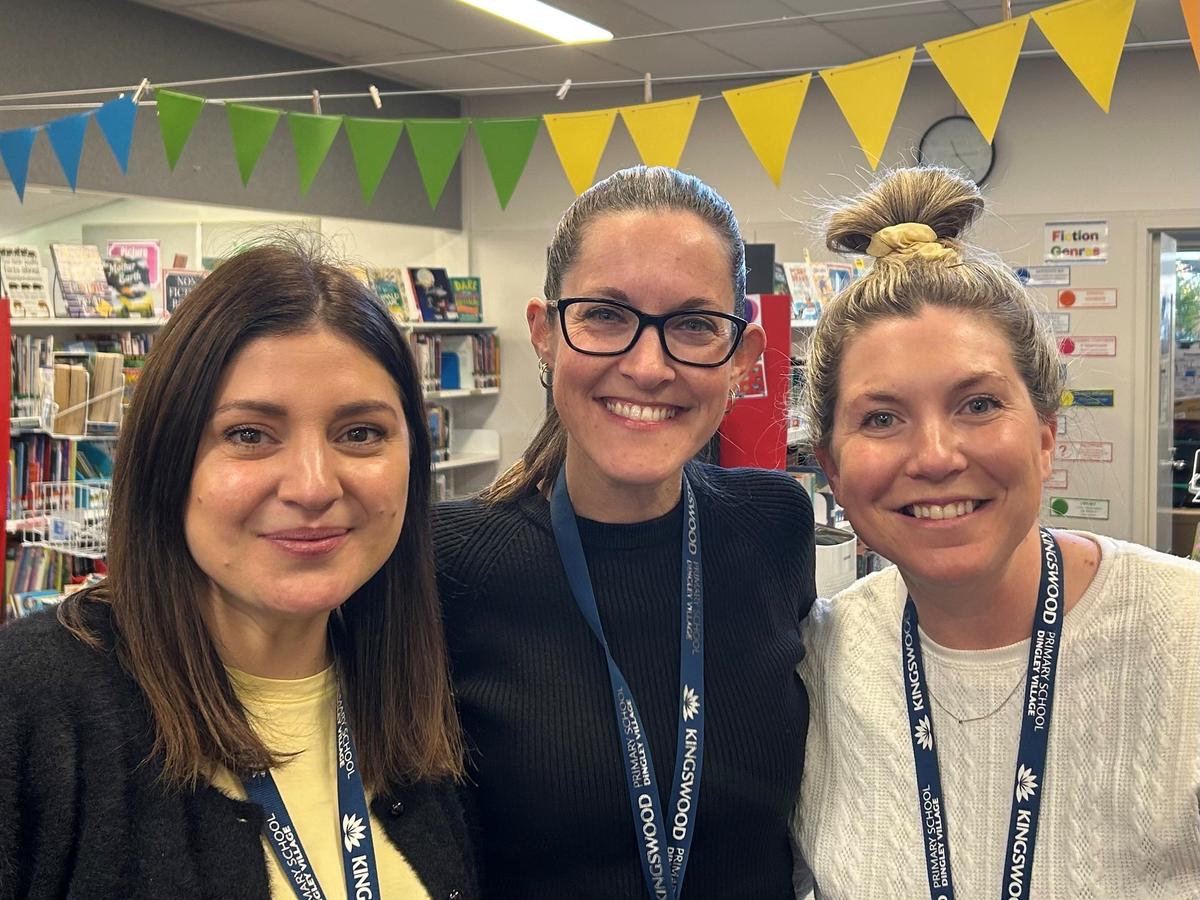Cultures Of Thinking

Holly Torcasio, Leanne Taylor and Amy Hardie
Our Most Useful Habits of Mind
At Kingswood Primary School, we know that learning is not just about what we know, but how we think. That’s why we place such importance on the Habits of Mind—the 16 dispositions that help us respond thoughtfully and creatively when we face challenges. These habits include things like Persisting when something feels difficult, Thinking Flexibly when there’s more than one way to solve a problem, or Listening with Empathy to understand another person’s perspective.
The Habits of Mind are not skills we use once and then set aside. They are lifelong ways of thinking that help us grow as learners, friends, and community members. When students draw on these habits, they build confidence, independence and the ability to tackle problems where the answer isn’t immediately clear.
This term, we asked our students to reflect on a big question: “Which Habit of Mind do you find most useful, and why?”
Here’s what some of our students had to say:
“Manage Impulsivity because then you can hear the teacher and know what the instructions are.” — Jack, Prep T
“Remaining Open to Continuous Learning because then my brain grows. I struggle with steps and this helps me do the steps. Last year I got an award for spelling ‘cream’ because I asked the teacher and then I could spell it.” — Sashin, 1M
“Thinking about your Thinking because it helps me think about hard stuff, so if it’s 4 x 5, I count by 5s and I know the answer is 20.” — Liam, 2S
“Persisting because if I get something wrong I need to use it because then I can say, ‘Oh, I’ll just try this again.’” — Addie, 5M
“Persisting because kids just give up. It’s kind of like endurance. You find ways that you might never have known could work, instead of going the easy way. This helps us grow our brain. I also use Striving for Accuracy because you could have a totally correct answer without the ways to get there. You want to find the ways not just have the answer.” — Olivia, 6C
“Persisting because it keeps making you try and the more you try, the better you get at it.” — Jasmine, 4A
“Persisting because if I persist, I don’t give up and I keep on trying.” — Dominic, 4A
“Thinking Flexibly because sometimes things can be hard but you have to push yourself to think in new ways.” — Edward, 4A
These reflections show just how powerful the Habits of Mind can be in helping our students grow as learners and thinkers. From our youngest Preps learning to manage their impulses, to our senior students recognising the value of persistence and striving for accuracy, it’s clear that these habits are supporting every child to tackle challenges with confidence, creativity and resilience.
As we head into the holidays, you might like to encourage your child to keep practising their Habits of Mind at home. This could be as simple as Persisting with a tricky puzzle, Managing Impulsivity when taking turns in a family game or Thinking Flexibly when trying out a new recipe together.
Using the same language at home helps children see that these habits aren’t just for school—they are valuable life skills that will help them succeed wherever they go.

